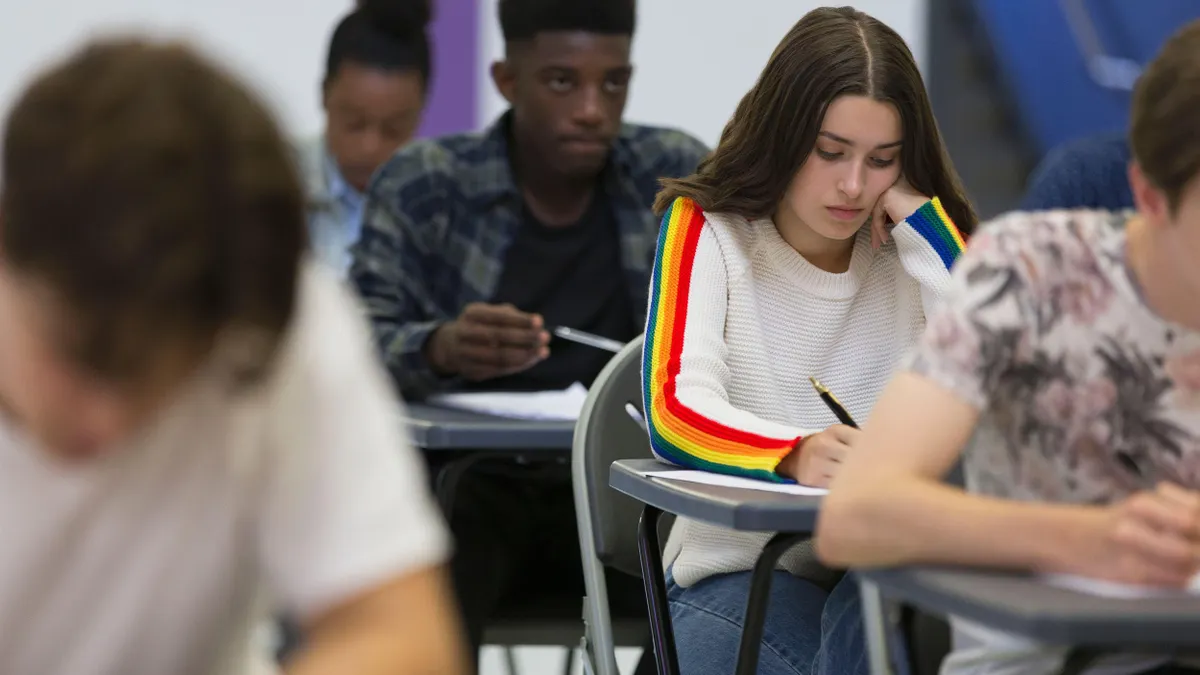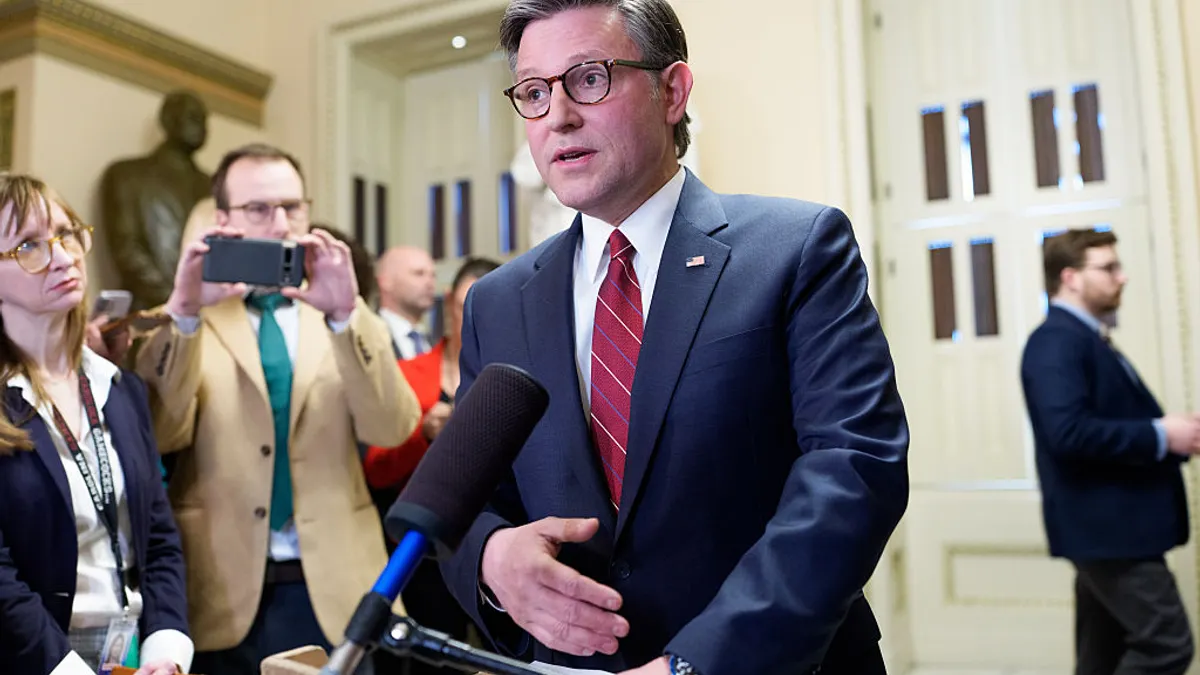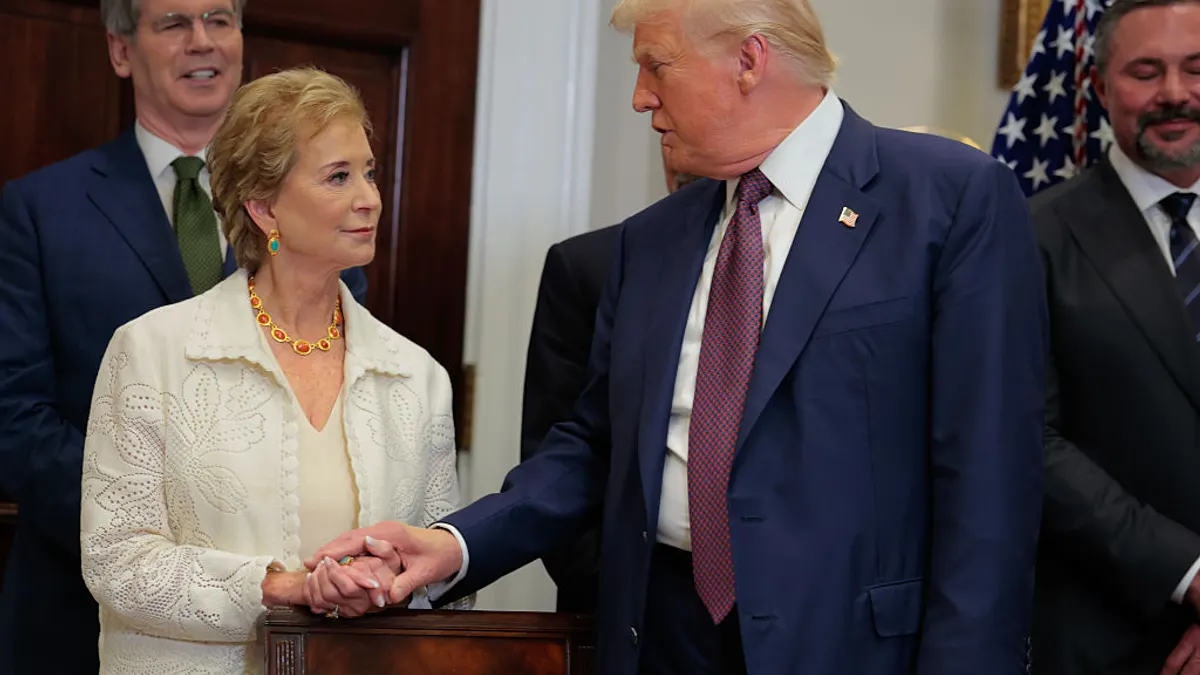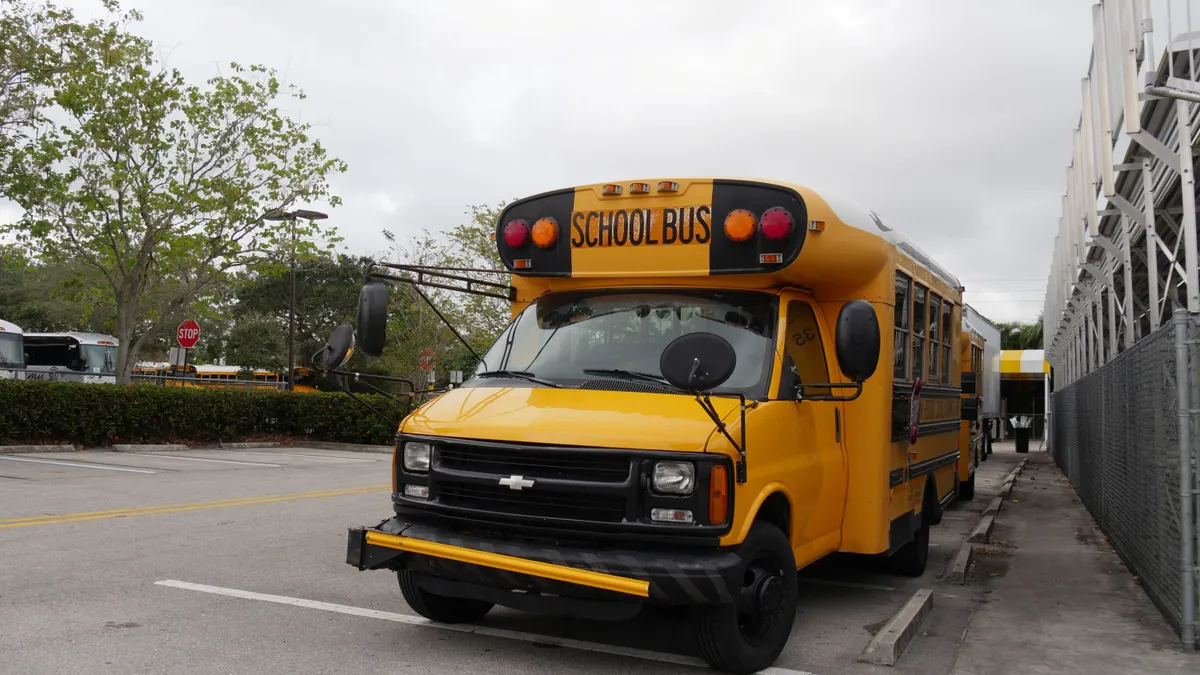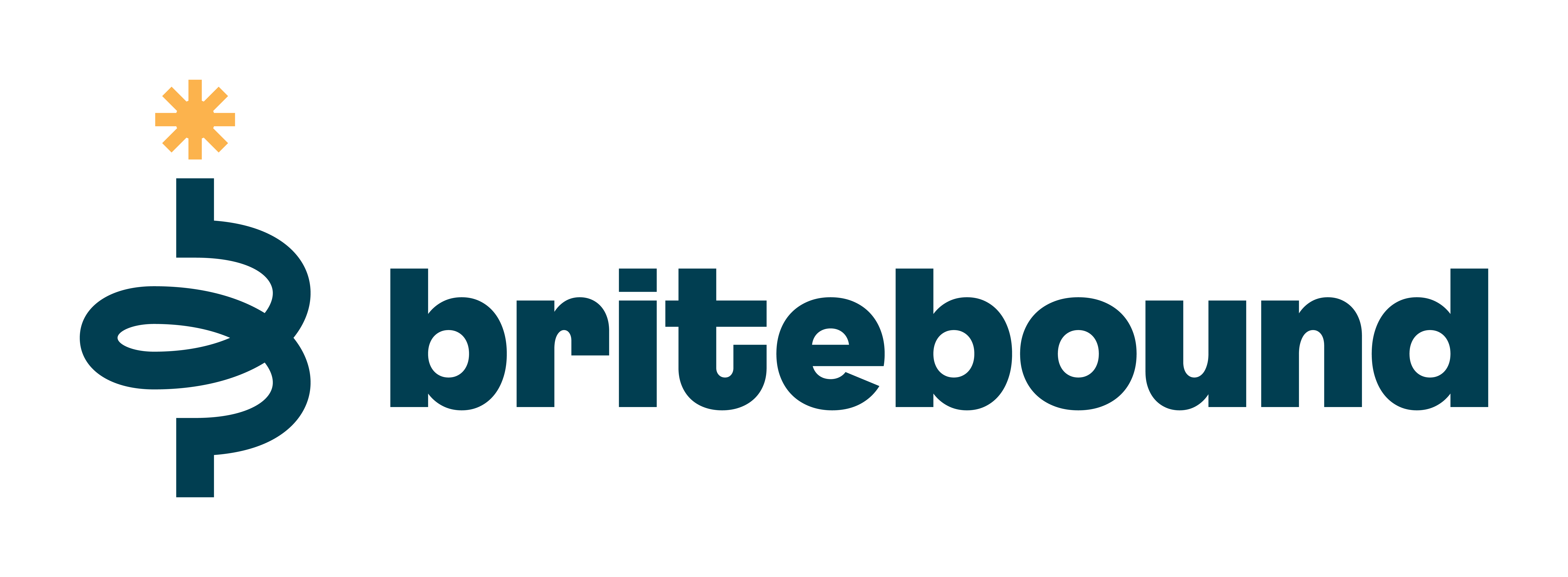In a move to hand over more authority to states for how they spend their federal education dollars, the U.S. Department of Education on Tuesday encouraged all states to seek waivers from the bedrock Elementary and Secondary Education Act.
Requirements under that law can be "burdensome," and waivers would give state leaders the ability to spend money "free from bureaucratic red tape," the department said in a Tuesday statement.
The decades-old ESEA is meant to address educational inequities and improve educational quality by holding states accountable to certain regulations and requirements.
While ESEA already allows flexibility in areas like assessments without waivers, the department said in its Dear Colleague letter to states that it also grants authority to U.S. Education Secretary Linda McMahon “to waive any statutory or regulatory requirement” related to ESEA, with a handful of exceptions.
"Despite strides made by the Every Student Succeeds Act to provide States with greater flexibility and decision-making, there are still many instances where ESEA requirements hinder rather than help States’ efforts to improve academic achievement," Hayley Sanon, acting assistant secretary of elementary and secondary education, said in the letter. "The status quo is not working."
The 2024 National Assessment of Educational Progress showed the nation's 4th and 8th graders have made little to no progress toward regaining pre-pandemic achievement levels in math and reading. Average scores in reading dropped even further than the underwhelming results released in 2022.
The Education Department's call for states to seek waivers comes after "parents have shown a desire for change when it comes to their children’s education" over the last five years, Sanon said. As a result, states have sought to expand school choice, overhaul literacy instruction based on the science of reading, and supported alternative school models like microschools and hybrid homeschooling, she added.
"These actions, combined with the 2024 NAEP results, show that the education sector is at an inflection point," Sanon told states.
States respond to calls for flexibility
President Donald Trump, both as candidate and as president, has strongly pushed to give states more control over education spending and programming.
Trump's crusade has thus far peaked with cutting the Education Department nearly in half and issuance of an executive order in March to close the agency “to the maximum extent appropriate and permitted by law.” Full closure requires congressional approval.
The White House has also pushed for education block grants, which could potentially remove guaranteed funding for certain programs in favor of state flexibility to spend dollars as they see fit.
Public education and civil rights advocates have argued this could shortchange the students most in need of grant funding, while giving states room to pursue other priorities like school choice.
However, Republican states have responded positively to the administration's plans.
Even prior to McMahon's confirmation, 12 state chiefs wrote her on Jan. 28 urging her to issue state waivers and allow block grants once confirmed.
Just days after Trump's executive order on winding down the Education Department, Republican state leaders echoed that call in letters to the department seeking more spending leeway.
Indiana, whose state chief was among those to write McMahon in January, has already pitched a plan for its waiver, giving a glimpse into what states might seek.
Last week, the Indiana Department of Education said in a statement it was "pursuing a new opportunity to reduce federal red tape and increase state-level control over how federal education funds are used."
The department said its waiver request, which is in the public feedback stage, was inspired by and seeks to replicate the flexibilities the state experienced when spending federal pandemic aid under the Emergency Elementary and Secondary Education Emergency Relief fund.
Currently, the state said, it is spending "a disproportionate share of time and resources" on federal mandates like financial accounting, auditing, fiscal reporting and program monitoring.
Indiana is seeking flexibility from programs including, but not limited to, state assessments, education of migrant children, prevention and intervention programs for at-risk youth, English Language Acquisition instruction, and academic enrichment programs.
The state said it would instead focus its dollars on literacy, STEM and high school redesign initiatives.







